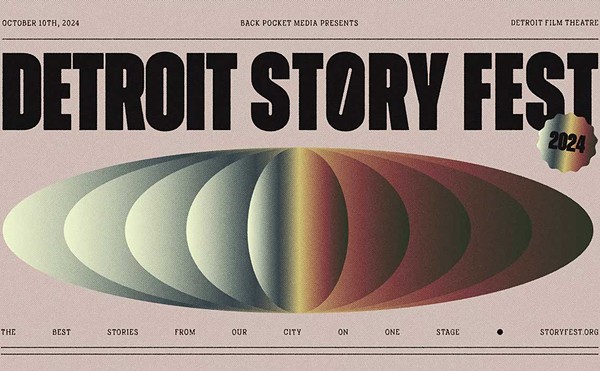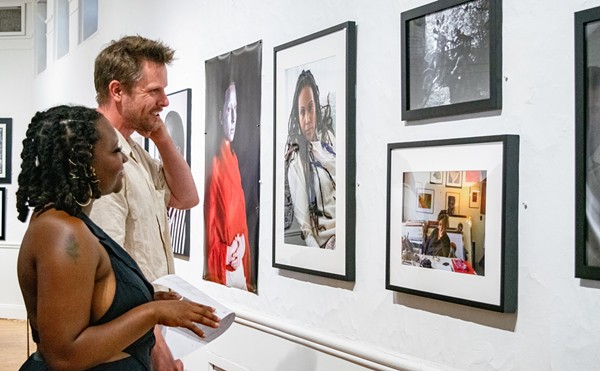It'll be interesting to see how Seven Years in Tibet, a message of peace dressed in adventure film clothing, does at the box office.
Director Jean-Jacques Annaud's epic treatment of a memoir by ex-Nazi Heinrich Harrer, the famous Austrian mountaineer, is not in a class by itself. Instead, it joins such sweeping investigations of the manly code of violence as David Lean's Lawrence of Arabia, Akira Kurosawa's Ran and Stanley Kubrick's Barry Lyndon in a film category that could be called "meditations on bloodshed." And it doesn't betray this tradition of grandeur and excellence.
Seven Years begins in 1939 Austria, with Harrer (Brad Pitt) leaving for India to conquer a mountain for the Third Reich. His fellow climbers spot him for an insufferable egotist, more concerned with fame than with a visibly pregnant wife, or the events speeding the world toward war.
Soon Europe and its coming devastation are far behind, as Harrer nears the top of Nanga Parbat, one of the highest peaks in the Himalayas. His near-death experience with fellow climber Peter Aufschnaiter (David Thewlis) is not recommended viewing for anyone with vertigo. And the rest of the film takes us on one hell of a journey into the unknown.
But from opening scenes that seem to exploit the weirdness of "the other" à la Hollywood custom, followed by a systematic unpacking of the startling humanity of that other (the Tibetan people and their Buddhist consciousness), Seven Years slowly makes us rethink our own military posturing in the 20th century. At first the film presents its drama through Harrer and Aufschnaiter's Western attitudes. Yet Harrer's a Nazi, if a mutating one, and we eventually see what charming militarist bedfellows the Reich, the Allies and the Chinese invaders of Tibet make.
Glorious photography of breathtaking locales, disarming acting (particularly by Jamyang Jamtsho Wangchuk as the teenage Dalai Lama) and music (much of which is from Buddhist ceremony) combine here to bring us face-to-face with the opposite end of the spectrum from brutality and machismo. At PG-13, this is definitely a film for young people, even many preteens.
It seems that Buddhism, with its compassion for all living beings and its focus on the importance of life's every moment, is on the rise in the West. Bertolucci's Little Buddha, Scorsese's Kundun and Annaud's Seven Years in Tibet might be seen as evidence of a sea change in our violent egomania. But this sounds too good to be true.
George Tysh is Metro Times arts editor. E-mail him at [email protected].





